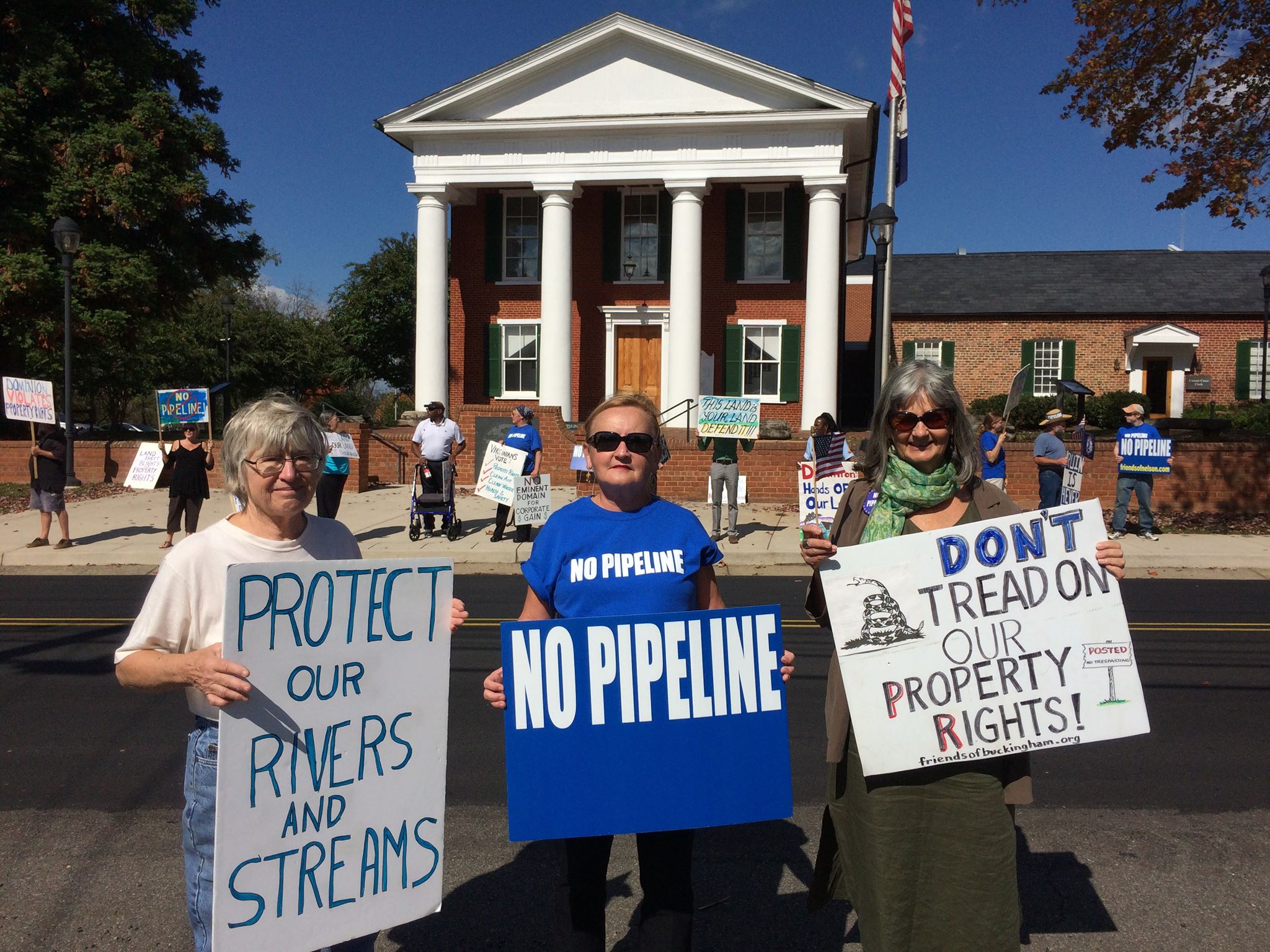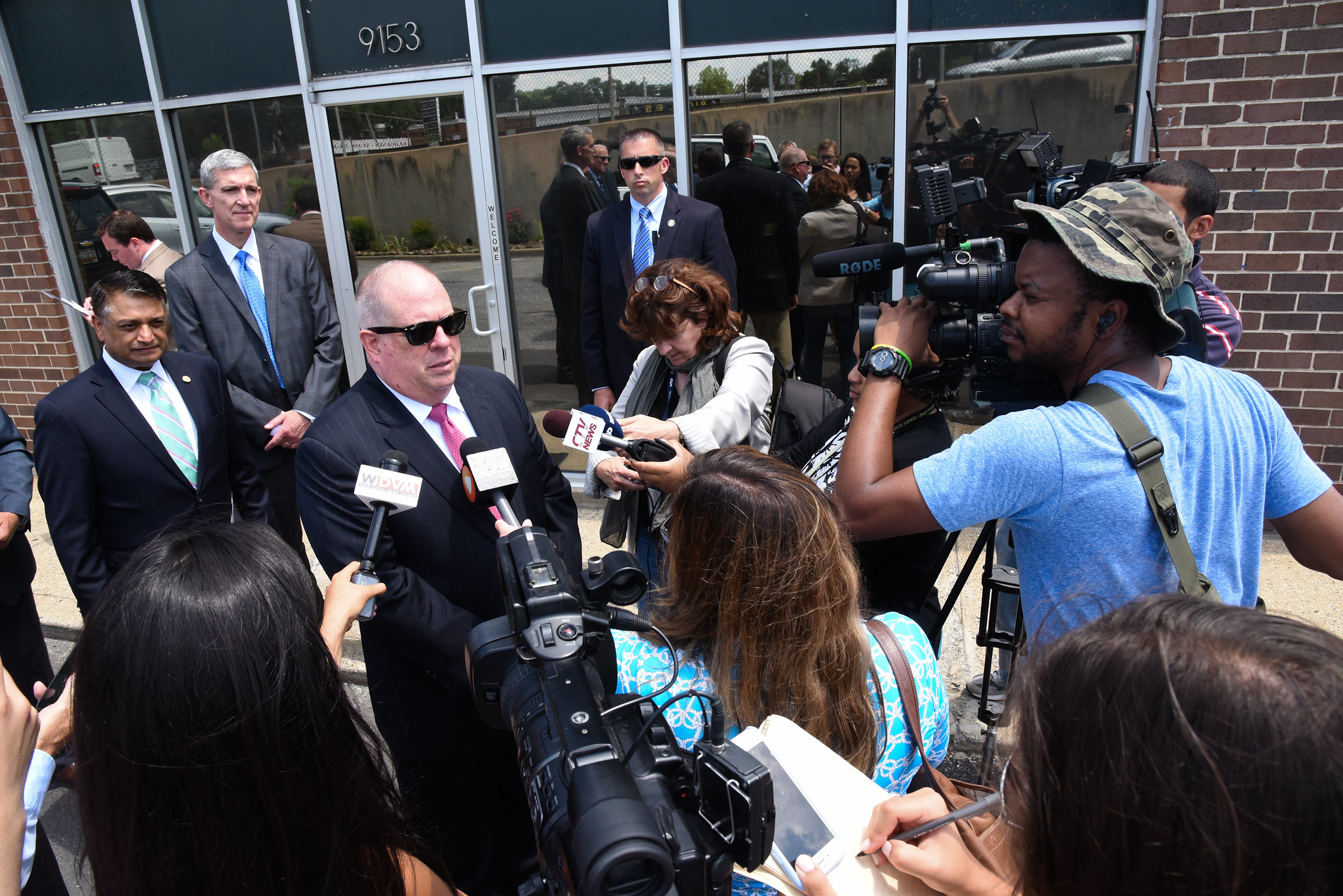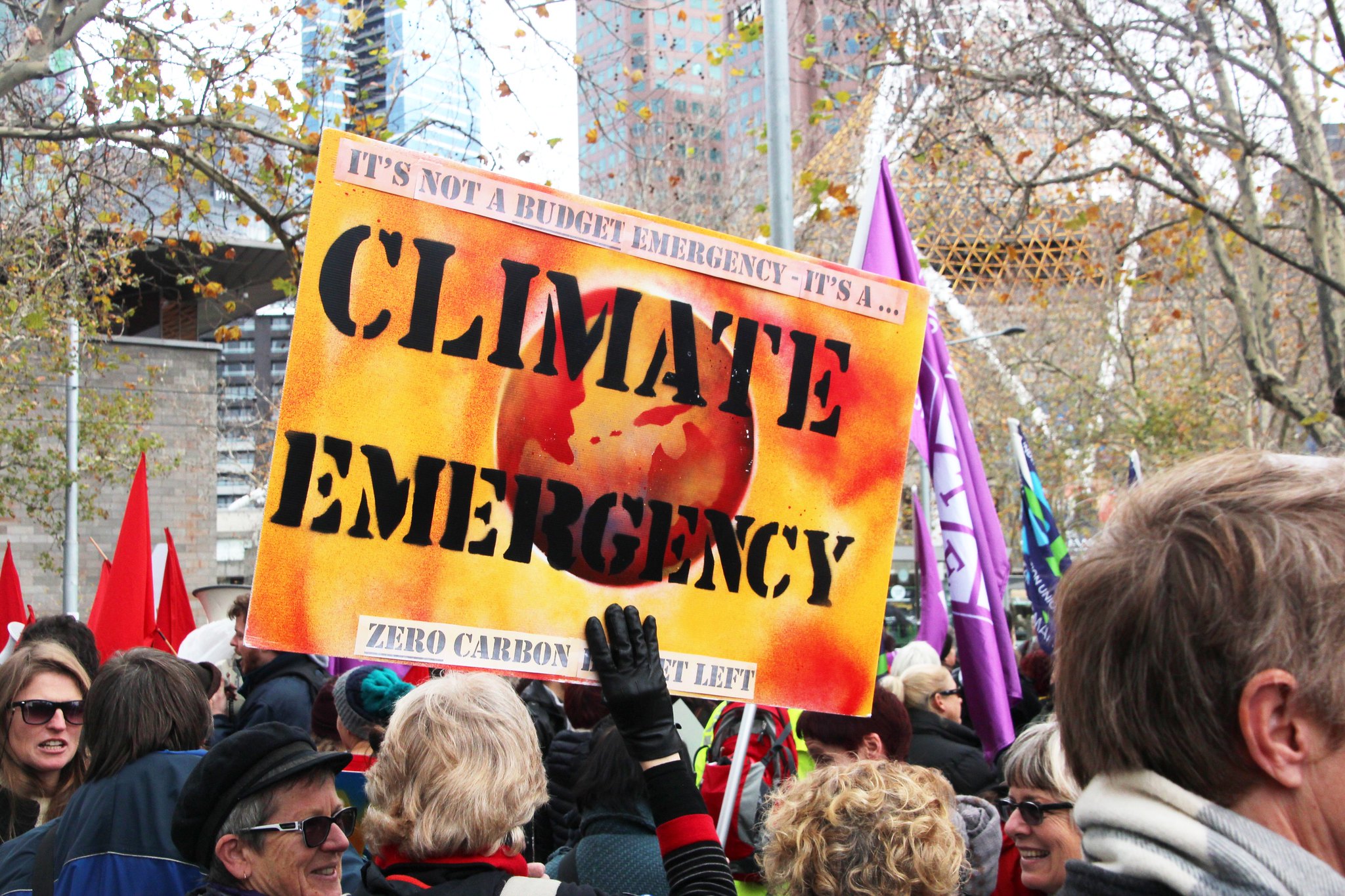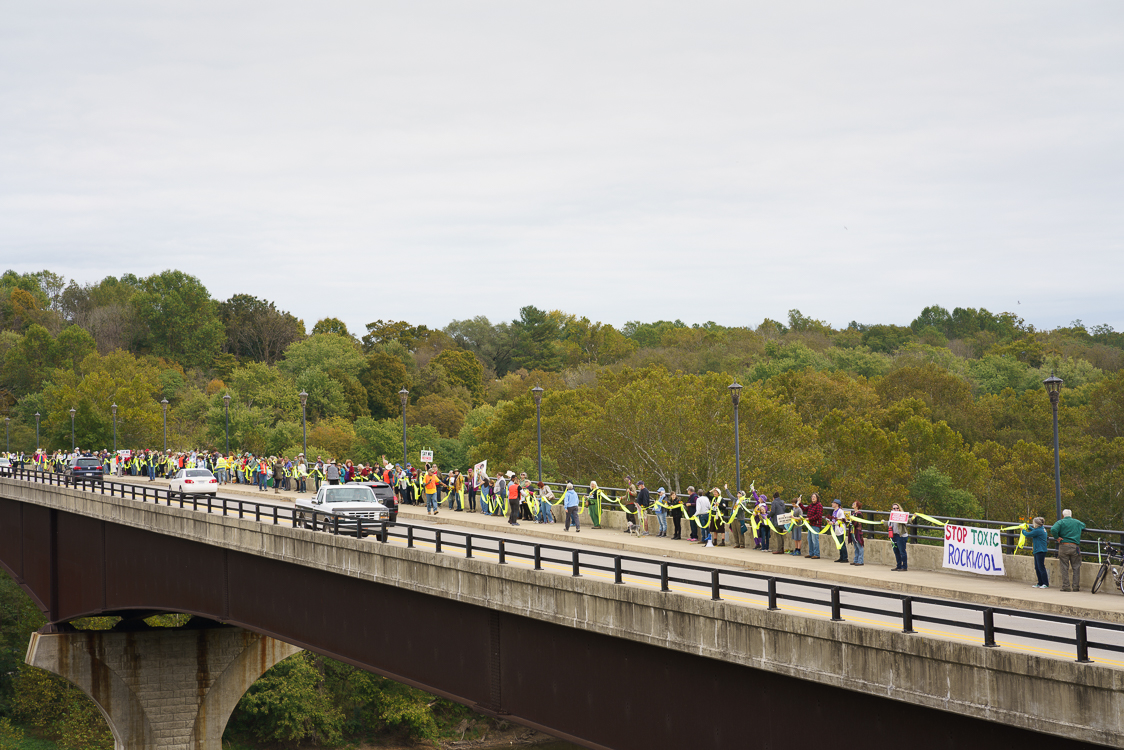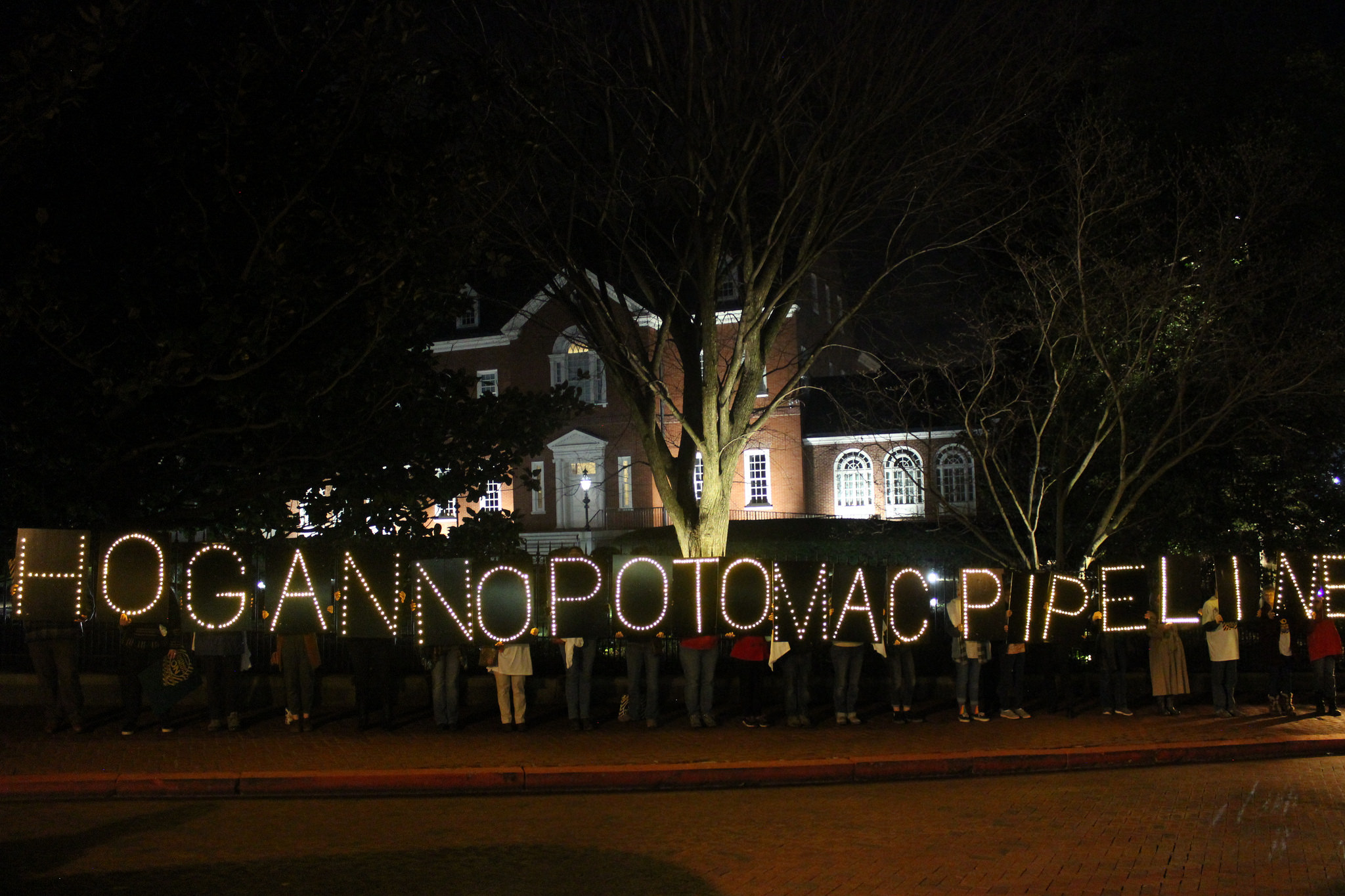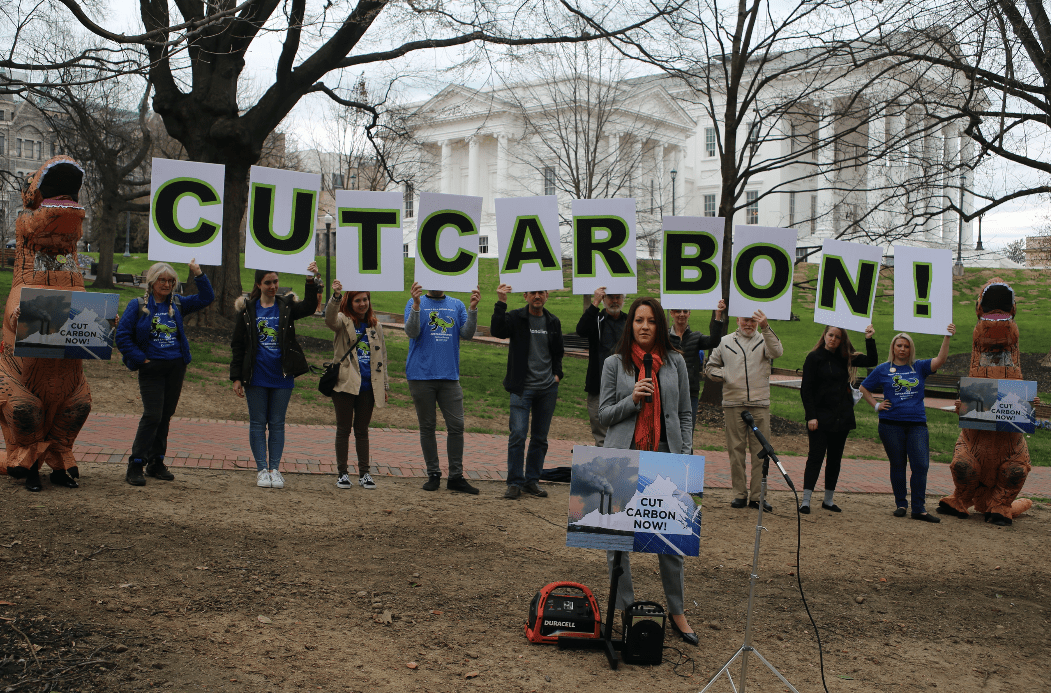RICHMOND, VA — Today, the court threw out a key permit for the Atlantic Coast Pipeline compressor station in Buckingham County, Virginia. The proposed 54,000-horsepower compressor station — situated a short distance from the homes of the descendents of freedmen in the community of Union Hill — would run 24 hours a day and constantly fill the community with loud noise that is comparable to a jet engine. Facilities like this pollute the air with nitrogen oxides, carbon monoxide, volatile organic compounds, and particulate matter and are linked to severe respiratory and cardiovascular ailments, as well as cancer. This compressor station is needed to keep gas flowing through Dominion’s controversial $7-billion Atlantic Coast Pipeline.
Harrison Wallace, Virginia Director of the Chesapeake Climate Action Network, stated in response:
“Today, justice prevailed. Dominion Energy has acted as if it were above the law for too long. It wanted to trample over the rights of Virginia residents and pollute a historic community, all for a dangerous pipeline that we don’t even need.
“The mere fact that Dominion has remained set on this community of freedmen as the ideal location of their compressor station should go in the dictionary as the definition of environmental injustice. Yet Virginia officials have been putting their thumb on the scale in favor of its approval from the beginning.
“The court found that the State Air Pollution Control Board failed to determine ‘whether this facility is suitable for this site,’ in light of environmental justice concerns and potential health risks for the people of Union Hill. The court also determined that Air Board needed to consider using electric motors at the compressor station in place of gas-fired turbines, or at least provide an explanation of why it didn’t consider this alternative, as electric motors would eliminate almost all of the on-site air pollution from the compressor station. The court sent the permit back to the Air Board to fix the identified issues with the permit.
“Today’s decision will be viewed by historians as a finger on the right side of the scale of justice. The people of Union Hill and Buckingham County have the right to walk out of their homes and breathe healthy air. We are glad to see that right upheld.
“Now, CCAN will be fighting to make sure this compressor station is never built. If we listen to the science, the political momentum and the people of Union Hill, there is not one legitimate reason to allow this project to continue.”
More information:
Since the day this project was announced, community advocates in Union Hill have sounded the alarm on environmental justice concerns. Scores of concerned citizens have rallied and protested across the state in opposition of this project. Hundreds turned up in Buckingham County to give public comment against the project. Thousands more sent written comments to the Air Board to request the board deny the permits. Yet no matter how many Virginians said this was a bad idea, Dominion continued pushing for this location.
In November, Dominion Energy announced its intention to spend over $5 million on improvements for Buckingham County if the ACP is completed successfully. This package is a cynical and transparent attempt by the company to essentially pay off county leaders in exchange for the health and wellbeing of county residents. The Union Hill community is a rural, low-income, mostly African-American community where residents are less likely to have the resources to pursue legal challenges.
CONTACT:
Denise Robbins, Communications Director, denise@chesapeakeclimate.org, 240-630-1889
Harrison Wallace, Virginia Director, harrison@chesapeakeclimate.org, 804-305-1472
###
The Chesapeake Climate Action Network is the oldest and largest grassroots organization dedicated exclusively to raising awareness about the impacts and solutions associated with global warming in the Chesapeake Bay region. For 17 years, CCAN has been at the center of the

